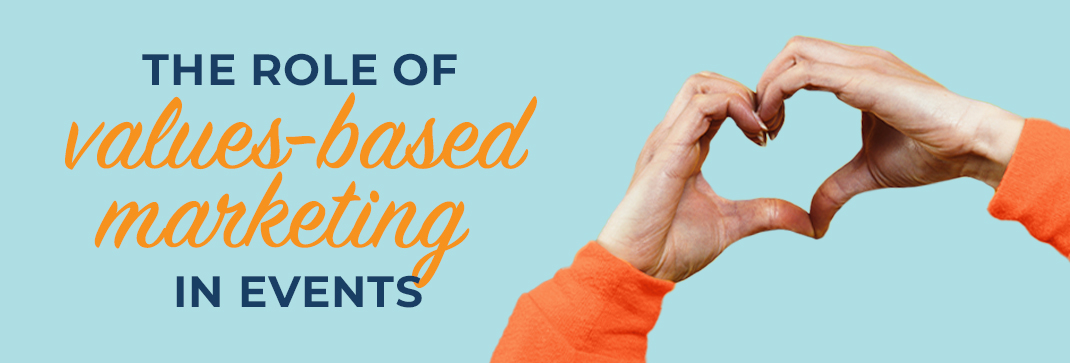
Over the past two years, it’s become apparent that not all event-goers are created equal and that the values of our audiences are (or should be) influencing how we define our brands, operationalize best practices and tell our stories.
Proof Point: COVID-19
To illustrate this, think about how much time we spent as an industry, in the height of the pandemic, working to make events safer as a way of compelling audiences to come back to them. We widened aisles, installed hand sanitizer stations around every corner and adopted touchless registration systems. We conducted industry research to track attendee sentiment around when people would feel comfortable returning to events. Ironically, while we were finding common (often, uncarpeted) ground in convention centers and obsessing over aggregated data, some organizers were planning events for audiences that were questioning if COVID was real. At the same time, other organizers were planning events for audiences that weren’t even leaving their homes to go the grocery store, let alone to attend a mass gathering.
During the pandemic, it became clear that personal values, shaped by education and income levels, age, geography, cultural considerations, the media, political preferences, religion, etc., were having far more influence on our audiences’ likelihood to return to events than anything we were doing or saying as a collective industry.
A Reactive and Proactive Approach
Our audiences’ personal values have the potential to impact event attendance in other ways, too. For instance, events held in states that pass “Don’t Say Gay” legislation or that criminalize abortion could find themselves up against boycotts by certain attendee groups. In fact, the Pivot Conference recently pulled out of Miami, publicly bashing the “shameful” politics of the Florida GOP. Event organizers will likely find it more important than ever to choose locations, keynote speakers, entertainers, etc., that align with the values of the audiences their events serve.
And while values-based marketing may often be reactive to current events or societal trends, it should also be employed proactively. If your event can give back to the community in which it is held, take a firm stance on social or ethical issues on social media or show support for a cause through service or donation, those actions will tell a greater story that will make it easier for attendees to feel a deeper (versus purely transactional) connection to your brand.
Why Staying Silent Might Not Be an Option
Historically, many event organizers have chosen to opt out of or stay neutral on controversial issues — from sustainability to LGBTQ rights to the Black Lives Matter movement to the war in Ukraine — but that option might not work for audiences of the future. Why?
Right now, millennials are the largest generation in the U.S. workforce, and here’s what we know about them* …
- 83% of millennials want companies to align with their values
- 76% want CEOs to speak out on issues they care about
- 65% say they have boycotted a brand that took the opposing stance on an issue
- 62% favor products that show off their political and social beliefs
In stark contrast, only about 20% of baby boomers demand that brands align with their values. So, as the workforce composition shifts — and as the political divide in our country widens — it’s likely that organizers will need to create strategies that align with the issues audiences care about as people, not just as event attendees.
A version of this article originally appeared in PCMA Convene.
*Source: 5W Public Relations Consumer PR Culture Report


